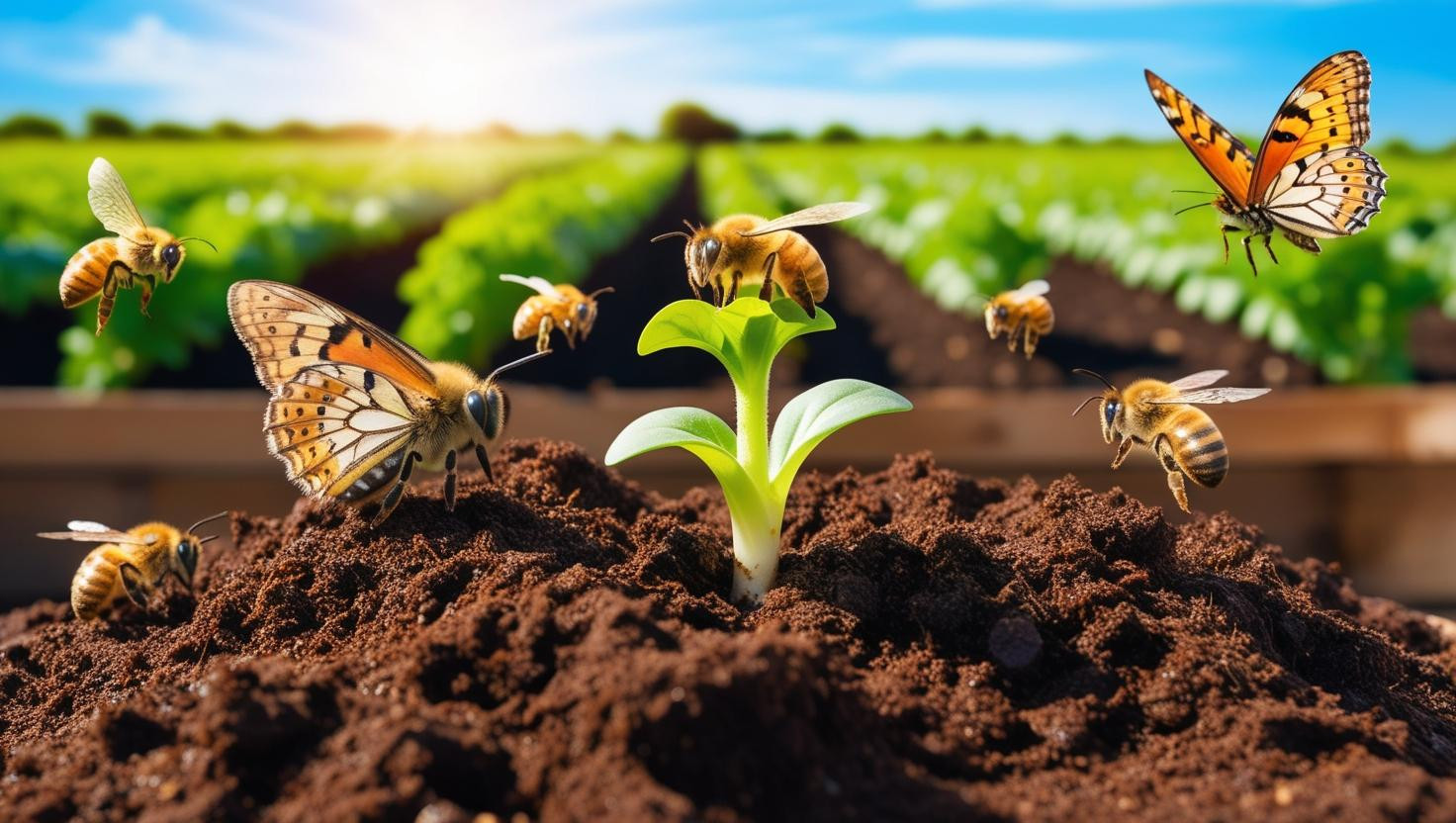

Published on May 22nd, 2025

We all want to do our part to protect the planet, but sometimes it’s hard to know where to start. The good news? Even small shifts in what we buy and use every day can make a real difference. One of the easiest and most powerful steps is choosing organic products.
Most people think of organic as just a health choice. Like something you pick up when you’re trying to eat cleaner or avoid chemicals. And yes, that’s definitely part of it. But what we often forget is that going organic isn’t just good for our bodies. It’s also a big deal for the environment.
Here’s how choosing organic helps the Earth breathe a little easier.
Conventional farming relies heavily on synthetic pesticides and fertilizers. Sure, they help crops grow faster, but they can also damage the soil, killing off the good stuff. Beneficial microbes that make soil healthy in the first place take a hit with synthetic pesticides. Over time, this leads to tired, lifeless land that struggles to grow anything without more chemicals.
Organic farming takes a gentler approach. Farmers use compost, rotate their crops, and lean into natural processes to keep the soil alive and well. Healthier soil means stronger plants, better food, and a more balanced ecosystem. Plus, soil that’s rich in organic matter can actually capture carbon from the atmosphere, which helps fight climate change. Pretty amazing, right?
When pesticides and fertilizers wash off crops during rainstorms, they often end up in nearby rivers, lakes, or groundwater. That kind of runoff pollutes our drinking water and harms fish, frogs, and other aquatic life.
Organic farms avoid synthetic chemicals altogether, which means there’s a lot less risk of that kind of pollution. Cleaner farming equals cleaner water. It’s a win for everyone, including the little creatures that call those waters home.
You’ve probably heard how important bees are and how much they’re struggling. A big part of the problem is habitat loss and exposure to toxic chemicals in non-organic farming.
Organic farms tend to be more diverse. Instead of just planting acres of the same crop, they mix things up. This diversity creates a welcoming space for bees, butterflies, birds, and all the other unsung heroes of our food system. The more pollinators thrive, the better our food grows. It’s all connected.
Organic farming usually produces fewer greenhouse gas emissions than conventional farming. That’s because it uses fewer fossil fuel-based inputs and relies more on natural cycles and good old-fashioned human effort. Plus, practices like cover cropping and composting actually help pull carbon out of the air and store it in the soil.
So when you choose organic, you’re supporting a system that’s actively working to slow down climate change.
Let’s not forget the people who grow our food. Exposure to chemical pesticides is a real concern for farm workers and their families. Organic farming keeps those harsh chemicals out of the equation, which makes the work environment safer.
And it’s not just people. Wild animals that live near farms are affected too. When they’re not being exposed to toxins, they can go about their lives naturally, without the disruption caused by chemical-heavy farming.
Here’s the best part: you don’t have to go all-in overnight. Start small. Maybe swap out your usual apples for organic ones. Try an organic lotion. Support a local organic farmer. Every little choice adds up.
When you choose organic, you’re not just making a better choice for yourself. You’re helping care for the world around you. It’s a quiet kind of activism, the kind that starts in your kitchen or bathroom cabinet but echoes far beyond.
BackBe the first to know about new products, events and offers.